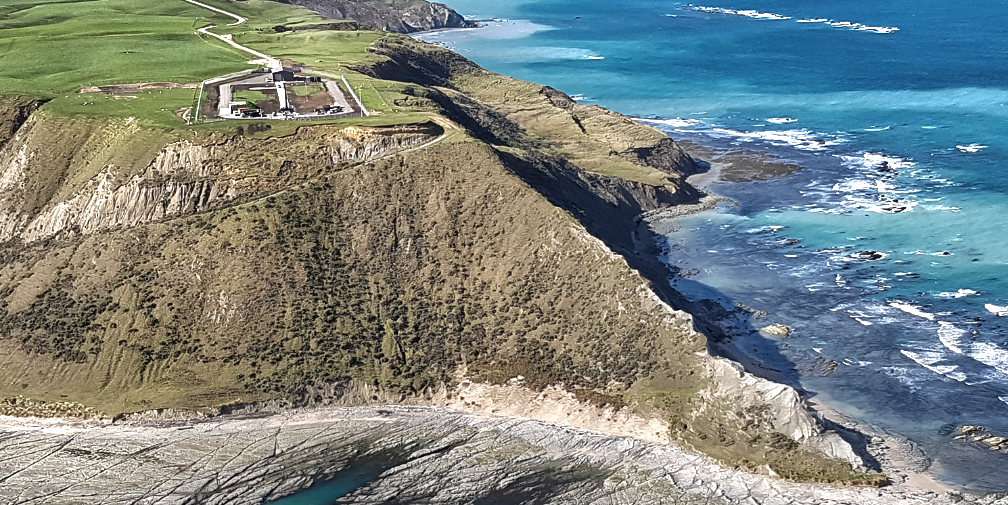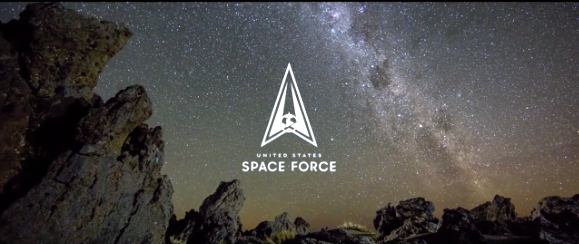
The U.S. Space Force will launch an experimental research and development satellite named Monolith — an Air Force Research Laboratory-sponsored demonstration satellite — to LEO from New Zealand’s Mahia Peninsula on July 29, using Long Beach, California-based, Rocket Lab USA’s Electron launch vehicle — the two-hour launch window opens at 6:00 p.m., New Zealand Time (2:00 a.m. Eastern, 11:00 p.m. Pacific, July 28).
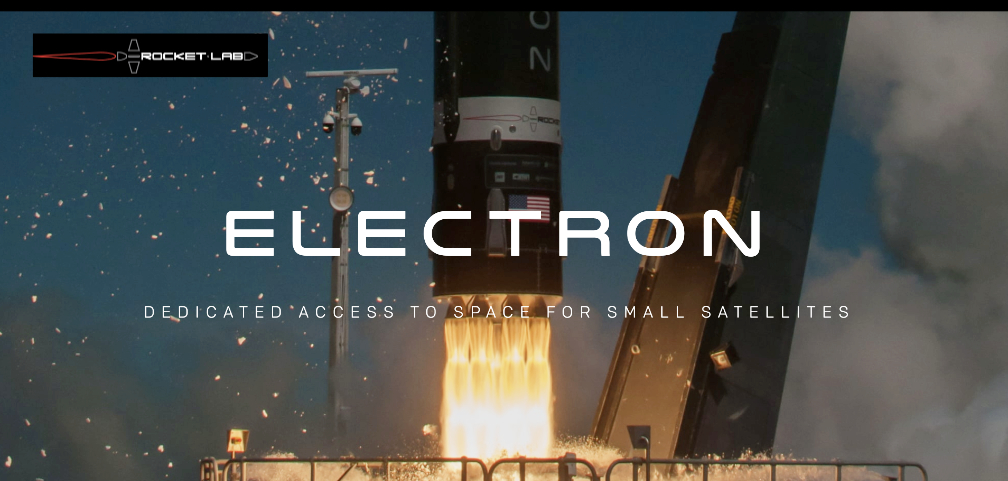
The mission was procured by the Department of Defense’s Space Test Program (STP) and the Rocket Systems Launch Program (RSLP), both part of the USSF’s Space and Missile Systems Center at Kirtland Air Force Base, New Mexico.
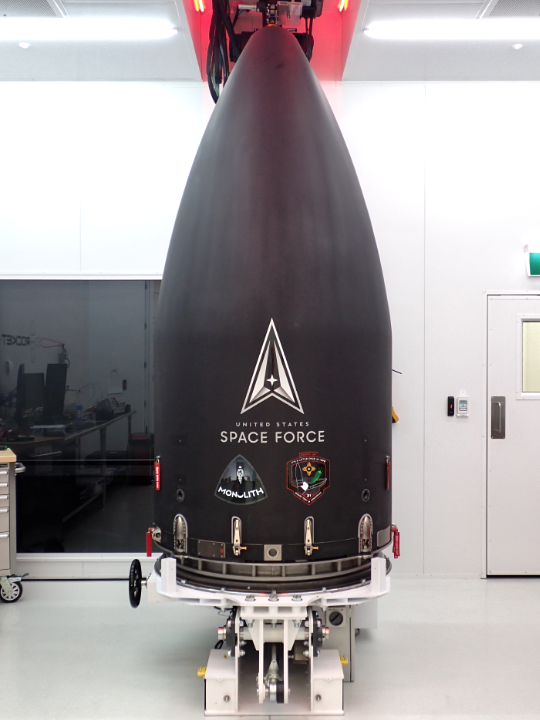
This launch, in partnership with the Defense Innovation Unit (DIU) as part of the Rapid Agile Launch Initiative (RALI), is named ‘It’s a Little Chile Up Here’ in a nod to the beloved green chile of New Mexico where the Space Test Program is based. This mission is being managed by SMC Launch Enterprise’s RSLP, which is part of the USSF’s launch service of choice.
The launch will be livestreamed starting approximately at T-20 minutes before liftoff at this direct link…
Images and footage of the ‘It’s a little Chile Up Here’ mission will be available shortly after a successful launch at this direct link…
This Rocket Lab launch is a follow-on effort to an earlier mission under the same agreement and one of several planned launches in 2021 that will demonstrate the ability of the emerging small launch industry to provide responsive and affordable space access for the USSF and the DoD.
Monolith is an Air Force Research Lab program designed to explore the application of small satellites for DoD programs. The demonstration will determine if the 6U (2x3x1) or 12U (2x3x2) bus sizes can be configured such that a large deployable sensor can be installed in one of the 2x3x1 side faces. Analysis from the use of a deployable sensor aims to enable the use of smaller satellite buses when building future deployable sensors such as weather satellites, thereby reducing the cost, complexity, and development timelines, where the sensor’s mass is a substantial fraction of the total mass of the spacecraft, changing the spacecraft’s dynamic properties and testing our ability to maintain spacecraft attitude control.
The satellite will explore and demonstrate the use of a deployable sensor, where the sensor’s mass is a substantial fraction of the total mass of the spacecraft, changing the spacecraft’s dynamic properties and testing ability to maintain spacecraft attitude control.
Analysis from the use of a deployable sensor will enable the U.S. to use a smaller bus when building future deployable sensors such as weather satellites, thereby reducing the cost, complexity, and development timelines. The satellite will also provide a platform to test future space protection capabilities.
“Our USSF looks forward to this upcoming mission with Rocket Lab USA from their New Zealand launch site. This STP-27RM launch demonstrates SMC’s continuous drive for innovation, flexibility and responsiveness,” said Lt. Col. Justin Beltz, chief of SMC Launch Enterprise’s Small Launch and Targets Division.
The mission is being managed by the Launch Enterprise’s Small Launch and Targets Division, which is part of the USSF’s launch organization of choice. This will be Rocket Lab’s fourth launch for the year and the company’s 21st Electron launch overall.
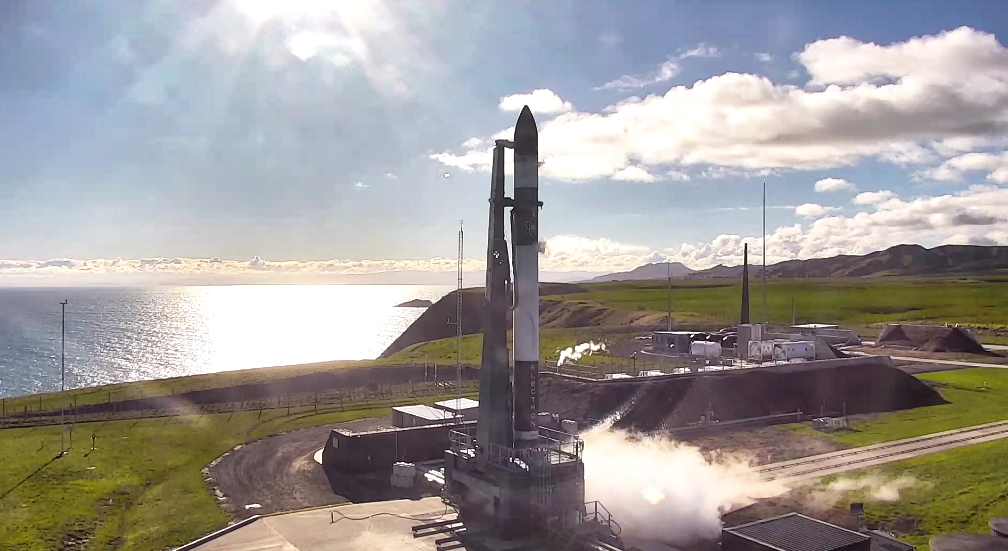
Originally slated for lift-off from Launch Complex 2 (LC-2) at the Mid-Atlantic Regional Spaceport on NASA’s Wallops Island, Virginia, the mission has been transferred to Launch Complex 1 (LC-1) in New Zealand while NASA continues certification processes for autonomous flight termination system software for launches from LC-2.
The mission follows on from a previous Rocket Lab launch under the same agreement, the STP-27RD mission launched by Electron in May 2019. That mission, named ‘’That’s a Funny Looking Cactus,’ saw Electron deploy three research and development satellites for the Space Test Program.
“We’re excited to have another Electron on the pad for the Space Test Program,” said Rocket Lab CEO and founder, Peter Beck. “We’re proud to once again demonstrate the flexible and resilient space access required by our government partners. The Space Test Program has a long history of developing advanced space and launch capabilities that we’ve all come to rely on, from global positioning systems, satellite communications, meteorological satellites, and space domain awareness capabilities. We’re proud to support the continuation of that innovation through rapid and agile launch on Electron.”
